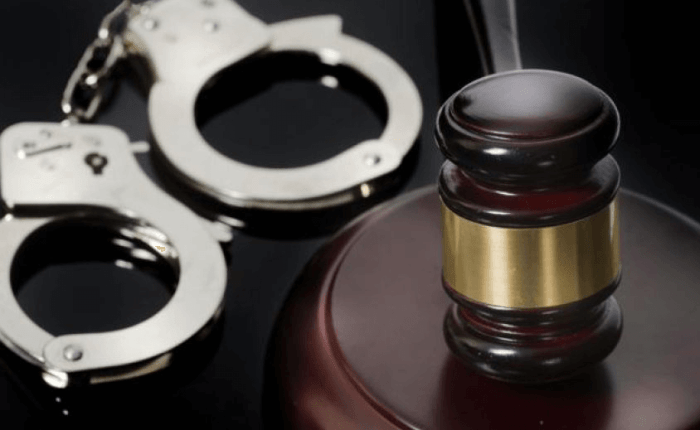Phony grass smokers of the Hub, the City Councilors have a bummer headed your way — today they voted unanimously to ban synthetic marijuana sales in Boston.
The drugs – essentially cannabis-like chemicals sprayed on inert plants – were being sold legally in bodegas and head shops around Boston, marketed as “potpourri” and sold for cheap.
It wasn’t difficult to find synthetic pot in Boston.
Metro called around to a few smoke shops, and most said they didn’t carry any.
One smoke shop employee, sensing trouble, refused to sell a bag of it to a Metro reporter in person, apparently acting on orders from his boss.
But just around the corner,at a Dorchester convenience store, Metro bought a four-gram baggie of green apple-flavored “Scooby Snax” for $10.
“Take care,” the store clerk said after pulling the bag from an unseen location, stuffing it in a black plastic bag and sliding it across the counter. Then, he winked.
The list of disclaimers on the bag is long. Right off the bat, the disclaimer reads, “NOT FOR HUMAN CONSUMPTION.” Scooby Snax is designed specifically for aromatic potpourri use and is not meant to be burned, smoked, or incinerated in any manner. It should be kept out of reach of children. This manufacturer, wholesaler and/or retailer are not responsible for any misuse of this product by the consumer. Must be 18 or older to purchase. KEEP OUT OF REACH OF CHILDREN.” It isn’t unpleasant smelling, like an apple-y tea. We didn’t smoke it, so the effects are a mystery to us.
Use of synthetic marijuana was becoming more common, said Devin Larkin, director of programs and planning for the Boston Public Health Commission’s addictions bureau.
“We’re seeing them being used at a higher rate than it used to be used in Boston. It’s a particular concern with the homeless population and with clients who are in substance abuse treatment,” said Devin Larkin, director of programs and planning for the Boston Public Health Commission’s addictions bureau. The appeal of the drugs is that they are cheap and easy to access, but there are other factors driving use. The synthetic drugs are legal, and many do not show up in drug tests, she said – attractive features for someone on probation or in a court-mandated addiction treatment program. “Some people use it because it’s something they can do without getting caught,” she said.
The drug hasn’t been shown to be addictive, but Larkin said many people she meets in drug treatment admit to using synthetic marijuana in combination with other drugs.
A ban would probably not make synthetic pot vanish, she said.
Attempts to reach the Boston Police Department about the addictive nature of synthetic pot and how they would go about enforcing laws regarding possession and sales were unsuccessful.
Many drug users, she said, would probably be able to find synthetic weed on the street.
“It may restrict access, but it’ll likely create a black market,” she said. “People will just sell it on the street instead of in stores. I’ll restrict access and make it less available, but won’t be totally unavailable.” The DPHC provided testimony to councilors, but Larkin said the commission does not make judgment calls about one policy decision over another.
There are other mind-altering products still available in stores – for example a drug called salvia divinorum, a fully legal leafy substance that when burned induces a short, intense psychedelic state – but none have caused as much concern among addiction treatment workers than synthetic marijuana, Larkin said. To people considering using synthetic drugs, the commission has a message: Don’t.
“What we would tell people is you don’t know what you’re getting. You have to be mindful of drugs created in a laboratory,” Larkin said. “It’s not like taking a prescription drug, where you know what dose is in it. It’s not regulated in any way, so there is a risk to that.” For now, your better bet is to buy the real stuff at the risk of a ticket if you have less than an ounce.















